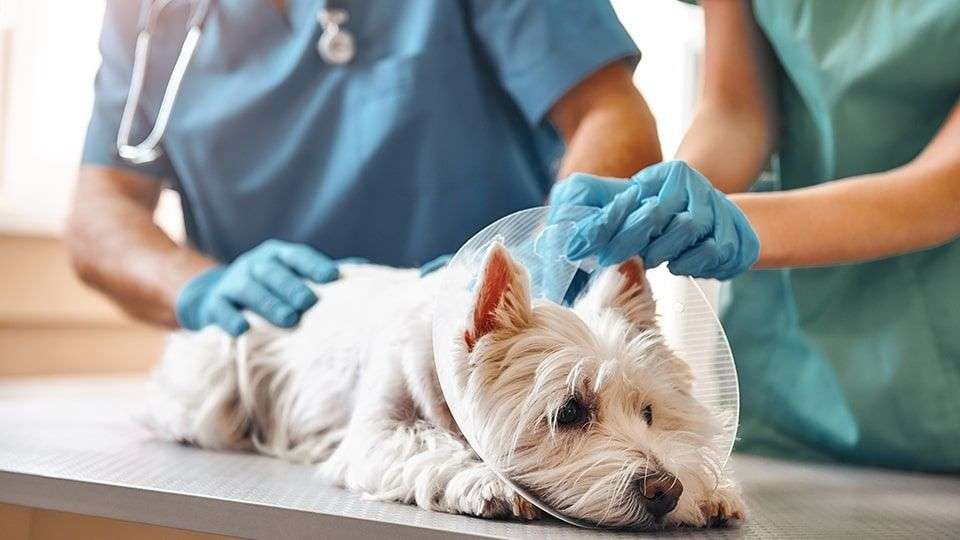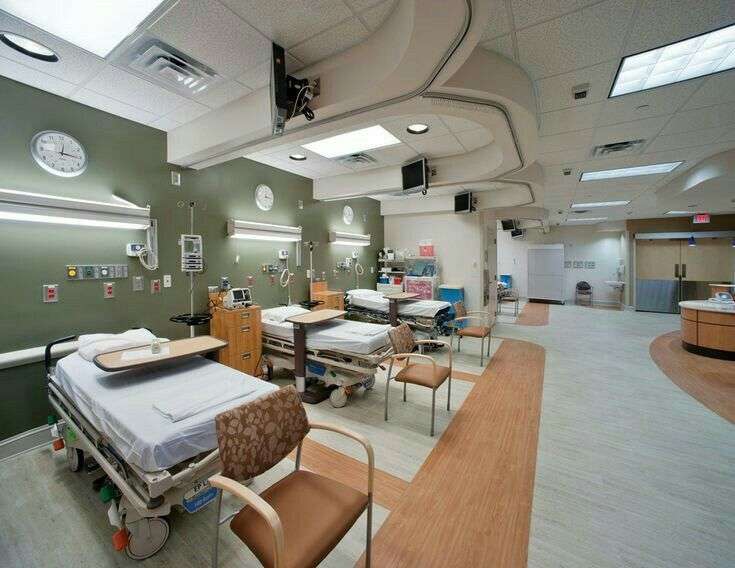
Planning Your Ayurvedic Hospital: Key Steps to Begin
June 15, 2024
Why Operational Excellence is Crucial for Modern Hospitals
June 19, 2024Pets are cherished family members, bringing joy, companionship, and unconditional love into our lives. Like humans, pets need medical care to stay healthy and happy. Veterinary hospitals are crucial in providing this care, ensuring pets live their best lives. This article explores the comprehensive services offered by veterinary hospitals, the importance of regular veterinary visits, and tips for choosing the right hospital for your pet.
Comprehensive Services at Veterinary Hospitals
Veterinary hospitals offer a broad spectrum of services to cater to various pet health needs. These services fall into several main categories: preventive care, diagnostic services, surgical procedures, and emergency care.
Preventive Care
Preventive care forms the foundation of pet health management. Veterinary hospitals offer routine pet wellness exams, pet vaccinations, parasite control, and pet dental care. Regular exams help detect health issues early, making treatment more effective and cost-efficient.
- Pet Vaccinations: Shield pets from contagious diseases like rabies, distemper, and parvovirus.
- Pet Dental Care: Routine cleanings and exams prevent dental diseases that can lead to other health complications.
- Parasite Control: Treatments for fleas, ticks, and worms prevent infestations and associated health problems.
- Pet Microchipping: Ensures pets can be easily identified and returned if lost.
Diagnostic Services
Accurate diagnosis is key to effective treatment. Veterinary hospitals are equipped with advanced veterinary diagnostic services to identify health issues accurately.
- Laboratory Tests: Blood tests, urinalysis, and fecal exams detect infections, organ dysfunction, and other health problems.
- Imaging: X-rays, ultrasounds, and MRIs provide detailed insights into internal issues such as fractures, tumors, and organ abnormalities.
Surgical Procedures
Veterinary surgery is a critical service offered by veterinary hospitals. They are equipped to perform various surgical procedures, from routine spaying and neutering to complex surgeries. Skilled veterinary surgeons ensure pets receive the best care during these procedures.
- Spaying and Neutering: Controls the pet population and prevents certain health issues.
- Emergency Veterinary Care: Addresses injuries or sudden health crises requiring immediate intervention.
Emergency Care
Veterinary hospitals provide emergency veterinary care for critical situations like accidents, poisoning, or sudden illnesses. These facilities are equipped with the necessary tools and staff to handle emergencies promptly and effectively.

Specialized Veterinary Care
In addition to general services, many veterinary hospitals offer specialized care for different types of animals and conditions.
- Canine Veterinary Care: Tailored services for dogs, including breed-specific health management.
- Feline Veterinary Care: Specialized care for cats, addressing unique feline health issues.
- Avian Veterinary Care: Expertise in the health needs of birds.
- Reptile Veterinary Care: Focused care for reptiles, addressing their specific health requirements.
- Small Mammal Veterinary Care: Services for rabbits, guinea pigs, and other small mammals.
- Exotic Animal Care: Expertise in treating a variety of exotic pets.
Pet Health Management
Regular veterinary visits are essential for maintaining a pet’s health. These visits allow veterinarians to monitor your pet’s health, update vaccinations, and address any concerns. Early detection of health issues through routine check-ups can lead to more successful treatments and better outcomes.
- Pet Wellness Exams: Regular check-ups help track your pet’s health and detect changes early.
- Pet Nutrition Advice: Veterinarians provide guidance on the best diet for your pet’s specific needs.
- Senior Pet Care Tips: Special care recommendations for older pets to ensure their comfort and health.
Common Pet Health Issues
Veterinary hospitals also address common pet illnesses and behavioral issues, providing treatment and management plans to ensure pets live healthy, happy lives.
- Pet Dermatology Services: Treatment for skin issues like allergies and infections.
- Common Pet Illnesses: Diagnosis and treatment of frequent health problems in pets.
- Pet Behavioral Issues: Solutions and training for behavioral problems in pets.
Choosing the Right Veterinary Hospital
Selecting the right veterinary hospital is crucial for your pet’s health. Consider these factors:
- Qualifications and Experience: Ensure the veterinary hospital has qualified and experienced staff. Look for certifications and affiliations with professional veterinary associations.
- Range of Services: Choose a hospital that offers a comprehensive range of services, including preventive care, diagnostics, surgery, and emergency care.
- Facilities and Equipment: A well-equipped hospital with modern facilities ensures your pet receives high-quality care. Visit the hospital to check cleanliness and the availability of advanced medical equipment.
- Reviews and Recommendations: Check online reviews and seek recommendations from friends, family, or your current veterinarian. Positive feedback from other pet owners provides valuable insights into the quality of care provided.
Conclusion
At Hospertz Healthcare Consultancy, we understand the indispensable role veterinary hospitals play in ensuring the health and well-being of pets. By offering comprehensive services, from preventive care to emergency treatment, these facilities are vital in pet healthcare. Regular veterinary visits and selecting the right hospital are crucial for providing your pet with a long, healthy, and happy life. As responsible pet owners, it is our duty to ensure our furry friends receive the best possible care. Trust Hospertz to guide you in constructing and optimizing veterinary hospitals that serve as trusted partners in this essential journey.




